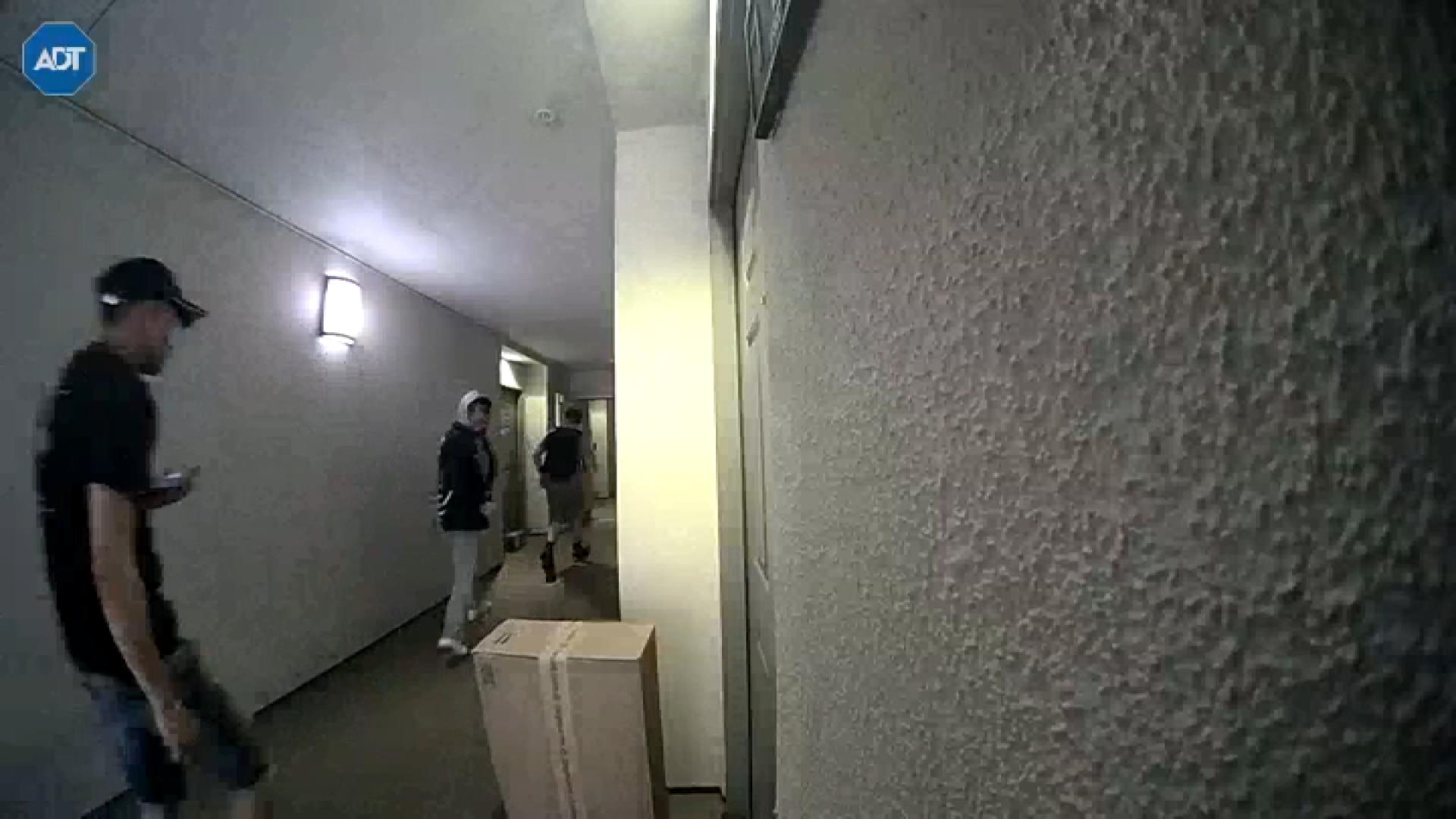Riverside residents who live within the area under quarantine to contain citrus greening disease were urged Wednesday to take precautions while traveling this summer to prevent carrying potentially contaminated fruit — or trees — to other parts of the country.
For the last two years, most of the city has been bounded by a 94-square-mile quarantine zone established by the California Department of Food & Agriculture in response to five trees in the city becoming infested with Asian citrus psyllids. The boundaries extend north into San Bernardino County.
Riverside officials said residents need to observe the quarantine rules and leave all homegrown fruit on their property, not transport it to other regions or states. Citrus nursery stock is also prohibited from leaving the area.
Other precautions include:
— inspecting citrus trees regularly to determine whether psyllids are present, marked by withering, yellow-blotched green leaves, dropping fruit prematurely, with the fruit bitter and inedible;
— looking for psyllids, which are fingertip size, brownish moth-like insects, feeding; and
— calling the state's pest hotline at the first sign of an infestation: 800-491-1899.
News
Top news of the day
The city of Riverside's foundational citrus-bearing tree, known as the "parent navel orange tree," located at the intersection of Arlington and Magnolia avenues, received protective netting and treatment in April to prevent a psyllid infestation. The tree is listed as a California Historic Landmark and has been preserved since 1873.
In July 2017, a grapefruit tree and two other trees in the area of Chicago and Marlborough avenues in Riverside became infested with the pests, prompting the state to place the quarantine.
Under the still-active state order, only citrus products that are "commercially cleaned and packed" are permitted to be shipped out of the quarantine zone.
According to state officials, no citrus nursery stock can be moved outside the area under quarantine, and no residentially grown citrus fruit can be moved. However, growers may continue to consume and share with people within the quarantined locations.
A map of the impacted area, along with the boundaries of similar quarantines in Los Angeles and Orange counties, can be found at https://gis2.cdfa.ca.gov/Plant/CitrusQuarantines/ .
In August 2017, the Riverside County Board of Supervisors declared a local state of emergency because of the potential spread of Huanglongbing, better known as citrus greening disease.
The county's roughly 20,000 acres of commercial citrus crops yield about $187 million annually, and greening disease poses a direct threat, according to agricultural officials.
Psyllids host virulent bacteria that cause greening disease, which destroys plants' vascular systems. The insects made their U.S. debut 20 years ago.
The disease rampaged throughout Florida in 2005 and has inflicted an estimated $3 billion damage to crops in the Sunshine State, according to a study published by the University of Florida.
Psyllids originate in tropical and subtropical regions. They first appeared in California in 2008.



